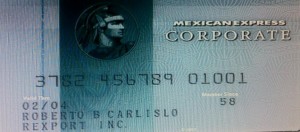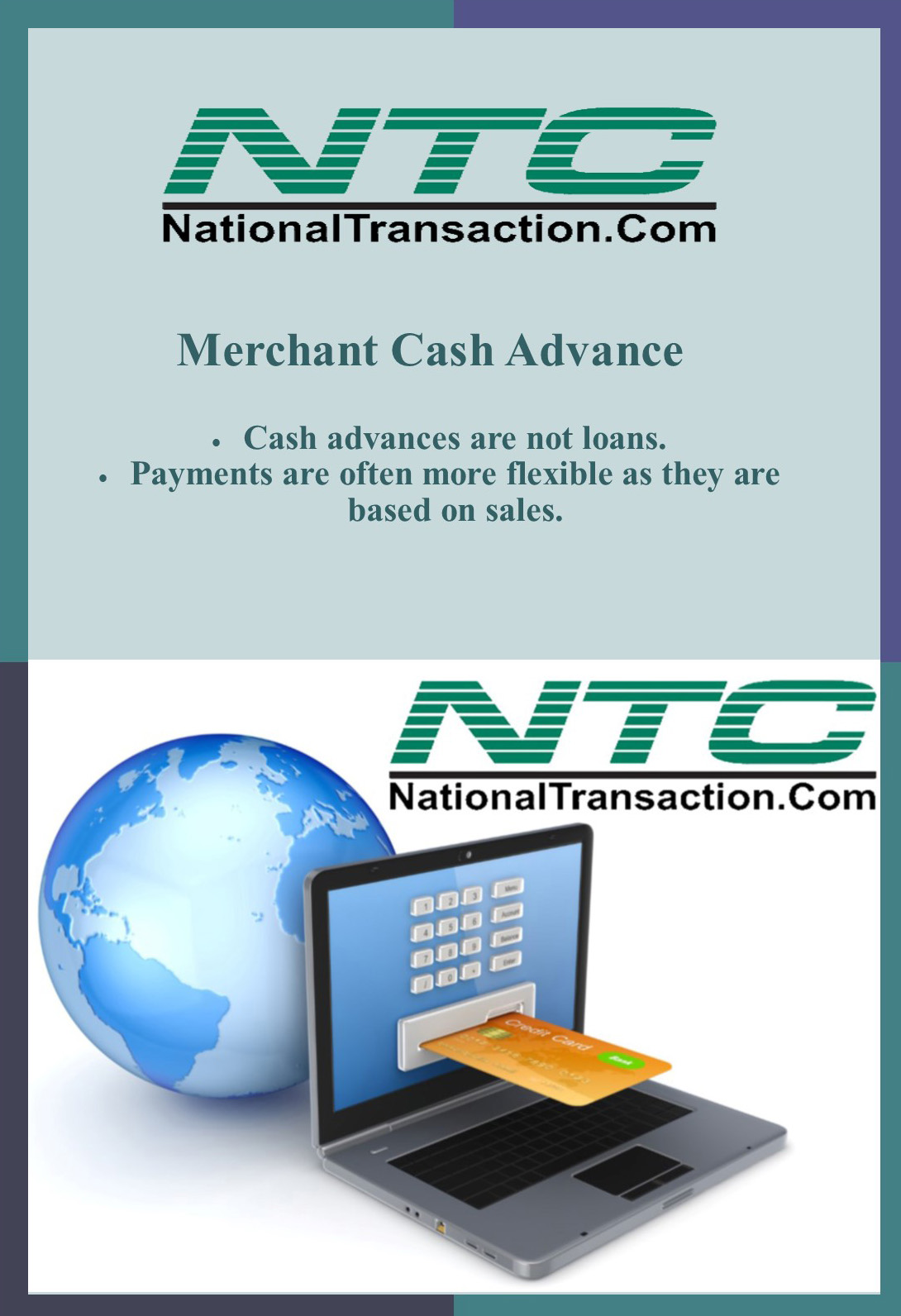
March 9th, 2017 by Elma Jane
Merchant Cash Advance
A Merchant Cash Advance is a funding product providing working capital to businesses. When it comes to securing a merchant cash advance, businesses are far more likely to be approved and secure the amount of funding you actually need because cash advance is not a loan.
Merchants sell a specific amount of their business’ future credit and debit card receivables at a discount in exchange for the capital they can use for business. Payments are often more flexible as they are based on sales.
For your loans and funding needs call now at 888-996-2273 Extension 1159
Posted in Best Practices for Merchants Tagged with: cash advance, credit, debit card, loan, merchant, payments
November 22nd, 2016 by Elma Jane
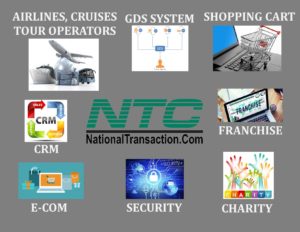 Be with NTC and enjoy the full benefits of our Electronic Payment Services with high levels of service and security.
Be with NTC and enjoy the full benefits of our Electronic Payment Services with high levels of service and security.
In addition, you can enjoy from e-commerce payment gateways to retail and restaurant solutions, business-to-business processing capabilities to electronic invoicing (NTC ePay).
NTC is offering a cost-effective credit card payment processing services that are very fast, secure and easy to integrate.
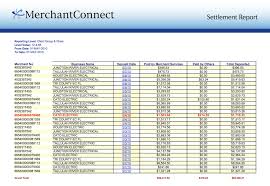 Get your Secure MerchantConnect Reporting Tool:
Get your Secure MerchantConnect Reporting Tool:
- Review and reconcile all of your transactions settle or batch settle and also much more.
- Create and save your custom reports that also can be imported or exported easily.
- Use our solution to turn any computer, laptop, smartphone or tablet into a processing center.
- Run & enjoy this on one or more devices to process credit card transactions with your merchant account.
- Peripherals allow swiping transactions and printing out receipts.
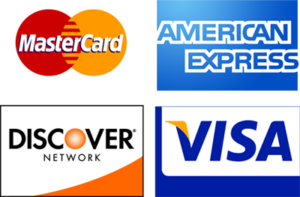 Our Merchant Cash Advance feature will help you very much to enjoy cash advance service. If your business accepts credit cards, getting cash for your business can be fast, simple and very easy.
Our Merchant Cash Advance feature will help you very much to enjoy cash advance service. If your business accepts credit cards, getting cash for your business can be fast, simple and very easy.
Receive up to $150,000 per location in less than 10 business days—sometimes in as few as 72 hours.
National Transaction Merchant Cash Advance eliminates many hassles and delays common with bank loans.
Our Merchant Cash Advance builds on the strength of your business’ future credit and debit card sales, so a damaged personal credit history is not an immediate disqualifier.
Posted in Best Practices for Merchants Tagged with: bank, cash advance, credit card, debit card, e-commerce, Electronic invoicing, electronic payment, gateways, loans, merchant account, payment, payment services, Security, smartphone, transactions
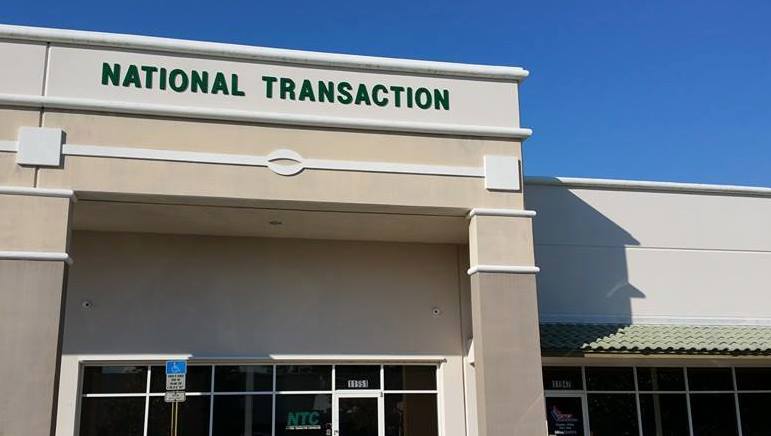
February 29th, 2016 by Elma Jane
True Stories of our Customers in Action
Travel Agency ~ An Independent Travel Firm had been using their bank as credit card processor. When they learned that Virtuoso and NTC were going to team up they jumped on the opportunity. Not only NTC has lowered their fees but NTC has streamlined their credit card processing. The manual type-in process before has been all automated batch process now which saves time. This is a great new partnership for Virtuoso and its members.
Wholesale Hardware Industry ~ Have been turned down his business loan by a traditional bank last year due to his bankruptcy few years ago. He has no option but to borrow using a Cash Advance, making daily payment with a very high-interest rate. NTC was able to get an approval for a Real Business Loan, with monthly payment with an annual rate.
Term loan amount: $85K – Line of credit: $75K
Another Travel Agency ~ NTC has great customer service, the support team will patiently guide you through the PCI compliance. The payments specialist will check whether they could reduce your rates (which they did successfully!). They will even follow up regularly with status updates. NTC is exemplary!
NTC has a lot to offer, from our e-Pay Service and other New Programs for ISO’s, and Options for your merchants. NTC, The Payments and Technology Expert! Visit us at www.nationaltransaction.com or call us at 888-996-2273.
Posted in Best Practices for Merchants, Credit card Processing, Payment Card Industry PCI Security, Travel Agency Agents Tagged with: bank, Business Loan, card, cash advance, credit card, customers, loan, merchants, payment, PCI Compliance, processor, travel, travel agency
September 24th, 2014 by Elma Jane
The CVV Number (Card Verification Value) on your credit card or debit card is a 3 digit number on VISA, MasterCard and Discover branded credit and debit cards. On your American Express branded credit or debit card it is a 4 digit numeric code.
The codes have different names:
American Express – CID or unique card code.
Debit Card – CSC or card security code.
Discover – card identification number (CID)
Master Card – card validation code (CVC2)
Visa – card verification value (CVV2)
CVV numbers are NOT your card’s secret PIN (Personal Identification Number).
You should never enter your PIN number when asked to provide your CVV. (PIN numbers allow you to use your credit or debit card at an ATM or when making an in-person purchase with your debit card or a cash advance with any credit card.)
Types of security codes:
CVC1 or CVV1, is encoded on track-2 of the magnetic stripe of the card and used for card present transactions. The purpose of the code is to verify that a payment card is actually in the hand of the merchant. This code is automatically retrieved when the magnetic stripe of a card is swiped on a point-of-sale (card present) device and is verified by the issuer. A limitation is that if the entire card has been duplicated and the magnetic stripe copied, then the code is still valid.
The most cited, is CVV2 or CVC2. This code is often sought by merchants for card not present transactions occurring by mail or fax or over the telephone or Internet. In some countries in Western Europe, card issuers require a merchant to obtain the code when the cardholder is not present in person.
Contactless card and chip cards may supply their own codes generated electronically, such as iCVV or Dynamic CVV.
Code Location:
The card security code is typically the last three or four digits printed, not embossed like the card number, on the signature strip on the back of the card. On American Express cards, the card security code is the four digits printed (not embossed) on the front towards the right. The card security code is not encoded on the magnetic stripe but is printed flat.
American Express cards have a four-digit code printed on the front side of the card above the number.
MasterCard, Visa, Diners Club, Discover, and JCB credit and debit cards have a three-digit card security code. The code is the final group of numbers printed on the back signature panel of the card.
New North American MasterCard and Visa cards feature the code in a separate panel to the right of the signature strip. This has been done to prevent overwriting of the numbers by signing the card.
Benefits when it comes to security:
As a security measure, merchants who require the CVV2 for card not present payment card transactions are required by the card issuer not to store the CVV2 once the individual transaction is authorized and completed. This way, if a database of transactions is compromised, the CVV2 is not included, and the stolen card numbers are less useful. Virtual Terminals and payment gateways do not store the CVV2 code, therefore employees and customer service representatives with access to these web-based payment interfaces who otherwise have access to complete card numbers, expiration dates, and other information still lack the CVV2 code.
The Payment Card Industry Data Security Standard (PCI DSS) also prohibits the storage of CSC (and other sensitive authorization data) post transaction authorization. This applies globally to anyone who stores, processes or transmits card holder data. Since the CSC is not contained on the magnetic stripe of the card, it is not typically included in the transaction when the card is used face to face at a merchant. However, some merchants in North America require the code. For American Express cards, this has been an invariable practice (for card not present transactions) in European Union (EU) states like Ireland and the United Kingdom since the start of 2005. This provides a level of protection to the bank/cardholder, in that a fraudulent merchant or employee cannot simply capture the magnetic stripe details of a card and use them later for card not present purchases over the phone, mail order or Internet. To do this, a merchant or its employee would also have to note the CVV2 visually and record it, which is more likely to arouse the cardholder’s suspicion.
Supplying the CSC code in a transaction is intended to verify that the customer has the card in their possession. Knowledge of the code proves that the customer has seen the card, or has seen a record made by somebody who saw the card.
Posted in Best Practices for Merchants, EMV EuroPay MasterCard Visa, Point of Sale, Visa MasterCard American Express Tagged with: (Card Verification Value), (CVC2), American Express, atm, authorization data, bank/cardholder, card holder data, card identification number, card issuers, Card Not Present transactions, card number, card numbers, card security code, card validation code, card-not-present, card-present transactions, cardholder, cards, cash advance, chip cards, CID, code, Contactless card, credit, credit-card, CSC, customer, customer service, CVC1, CVV Number, CVV1, CVV2, Data Security Standard, debit, debit card, debit cards, device, Diners Club, Discover, fax, gateways, iCVV or Dynamic CVV, individual transaction, internet, issuer, JCB credit, magnetic stripe, mail, MasterCard, merchant, payment card, Payment Card Industry, payment card transactions, payment gateways, PCI-DSS, Personal Identification Number, PIN, point of sale, post transaction authorization, security codes, telephone, terminals, unique card code, virtual terminals, visa, web-based payment
October 10th, 2013 by Elma Jane
Merchant Cash Advance was originally structured as a lump sum payment to a business in exchange for an agreed upon percentage of future credit card and/or debit card sales.
Notion Merchant Cash Advance companies provide funds to businesses in exchange for a percentage of the businesses daily credit card income, directly from the processor that clears and settles the credit card payment. A company’s remittances are drawn from customers’ debit- and credit-card purchases on a daily basis until the obligation has been met. Most providers form partnerships with card-payment processors and take payments directly from a business owner’s card-swipe terminal.These Merchant Cash Advances are not loans – they are a sale of a portion of future credit and/or debit card sales. Therefore merchant cash advance companies claim that they are not bound by state usury laws which limit lenders from charging excessive interest rates. This technicality allows them to operate in a largely unregulated market and charge much higher interest rates than banks. This structure has some advantages over the structure of a conventional loan. Most importantly, payments to the merchant cash advance company fluctuate directly with the merchant’s sales volumes, giving the merchant greater flexibility with which to manage their cash flow, particularly during a slow season. Advances are processed quicker than a typical loan, giving borrowers quicker access to capital. Also, because MCA providers typically give more weight to the underlying performance of a business than the owner’s personal credit scores, Merchant Cash Advances offer an alternative to businesses who may not qualify for a conventional loan.
Usage Merchant cash advances are most often used by retail businesses that do not qualify for regular bank loans, and are generally more expensive than bank loans. Competition and innovation led to downward pressure on rates and terms are now more closely correlated with an applicant’s FICO score.
Generally there are three different types of repayment methods for the business.
1. ACH (Automated Clearing House) Withholding: When structured as a sale, the finance company receives the credit card processing information and deducts its portion directly from the business’s checking account via ACH. When structured as a loan, the finance company debits a fixed amount daily regardless of business sales activity.
2. Lock Box or Trust Bank Account Withholding: All of the business’s credit card sales are deposited into bank account controlled by the finance company and then the agreed upon portion is forwarded onto the business via ACH (Automated Clearing House), EFT ( Electronic Funds Transfer) or wire. This is the least preferred method since it results in a one-day delay in the business receiving the proceeds of their credit card sales.
3. Split Withholding: When the credit card processing company automatically splits the credit card sales between the business and the finance company per the agreed portion (generally 10% to 22%). This is generally the most common and preferred method of collecting funds for both the clients and finance companies since it is seamless.
Opting for a merchant cash advance is a decision made by small business owners every day of the week across this country. If you’re having a hard time establishing a business line of credit or getting approved for a business loan, a merchant cash advance may very well be the best option available to you to help you finance your business.
Here are reasons why a business cash advance makes sense.
A. Can take out more advances as advance is repaid
Most business loans will not be extended as you pay off your balance, but with a merchant cash advance, you can get more money as you pay off your advance.
B. Even with less-than-perfect credit, you can be approved
No worries about being approved if you have less-than-perfect credit, a high credit score is not a major factor in whether you are can receive business funding from a cash advance.
C. Flexible repayment terms – repayment is based on sales volume, not a flat rate
Some businesses can run into financial hardships with traditional business loans that require flat-rate monthly payments, but with merchant cash advances your monthly payments are dependent on your sales volume. This means that if you have a slow month, you pay back less.
D. Frees up time because of the simple application/approval process
The application and waiting process for a business loan or even a business line of credit can be outstanding –sometimes you have to wait 30 days just to receive notice of approval from your application, add the wait time to the back and forth calls, document signing, etc – and it can be an arduous process. However, by choosing a merchant cash advance, you can quickly qualify online or by phone.
E. Gives you more money in your pocket to improve cash flow
Cash advances can give you the opportunity to receive more money than you would be able to borrow from a bank.
F. Gives you money right away
With a merchant cash advance you literally can have your cash in as little as 72 hours from your applications approval – and most businesses get their funding in less than a week. Now that’s a simple process
G. New business friendly
Many small business loans require that you have a well-established business (2 years or more) to even consider you for business funding. With a cash advance, you can receive funding even if your company is newly in business.
H. No personal liability for repayment of the cash advance
Much unlike with business lines of credit and small business loans, you are not personally responsible for repayment of the advancement.
I. Non-restrictive usage on what you use the funding for
Too many times business owners are restricted by what they can do with their business loans. But, because a cash advance is designed to help you improve your cash flow, you can use your new funds wherever your business needs them.
J. Qualification is easier than with traditional business loans
Banks have a lot of stipulations for businesses that they loan money to or extend credit lines – cash advances have minimal qualifications and high approval rates.
Posted in Best Practices for Merchants, Merchant Cash Advance, Merchant Services Account Tagged with: ach, automated clearing house, bank, business, businesses, capital, cash advance, credit-card, eff, electronic, excessive, flat-rate, funds, loan, loans, merchant, money, online, pay, payments, Processing, purchases, Rates, signing, transfer





